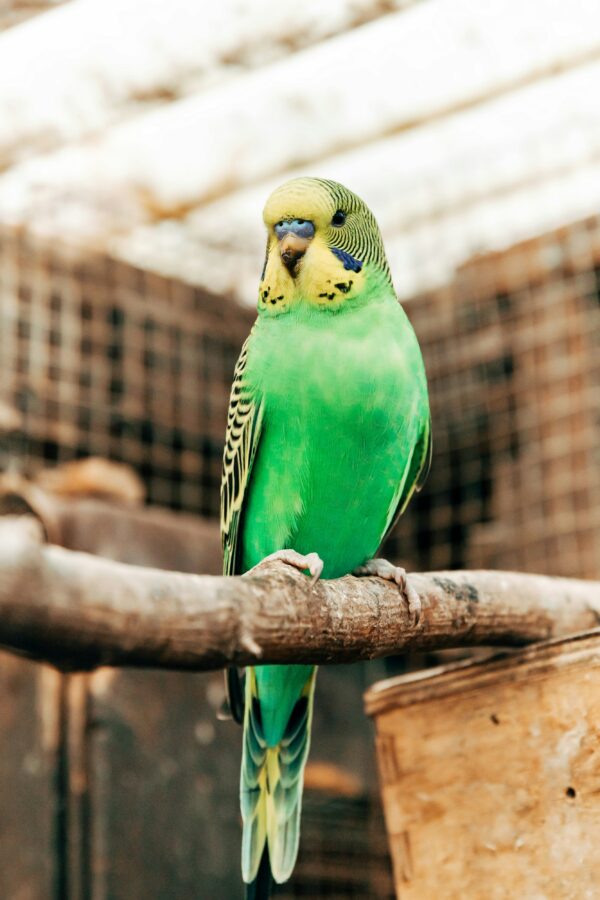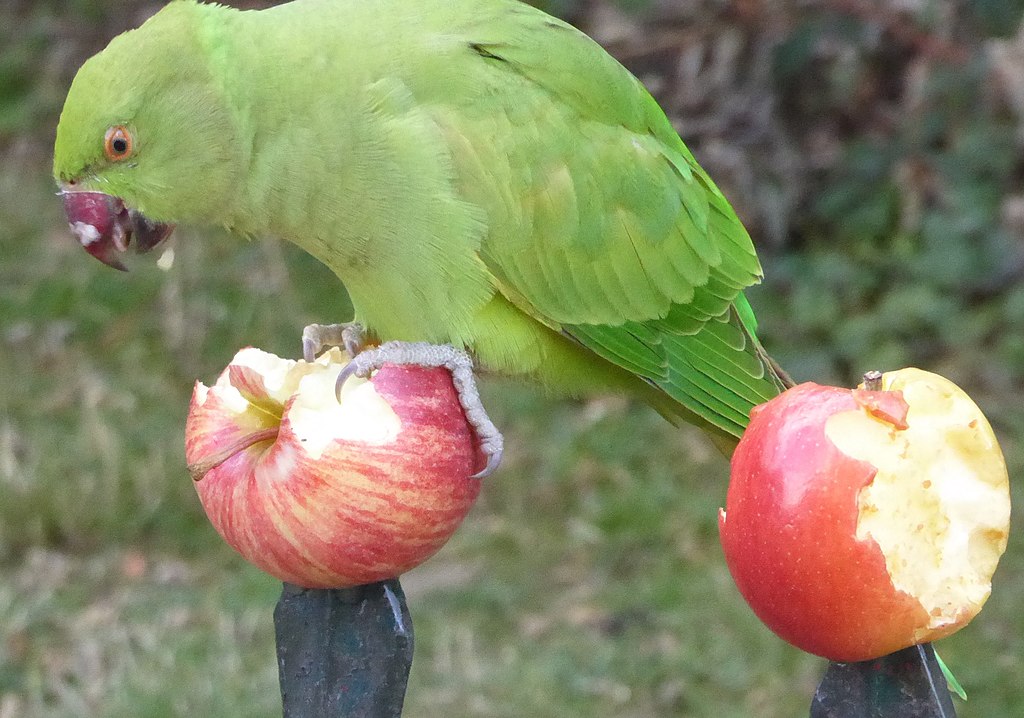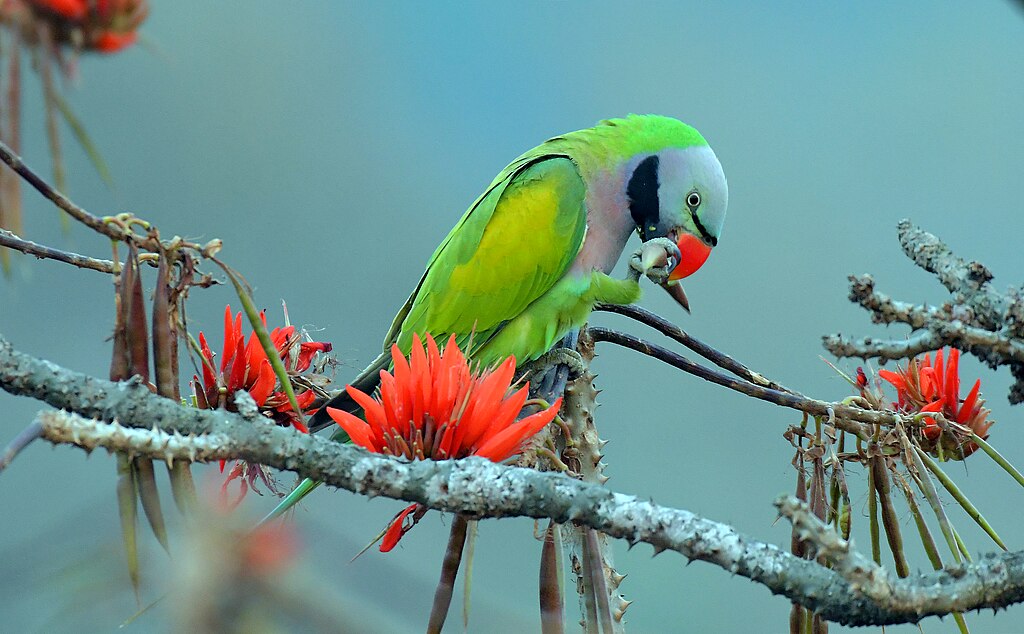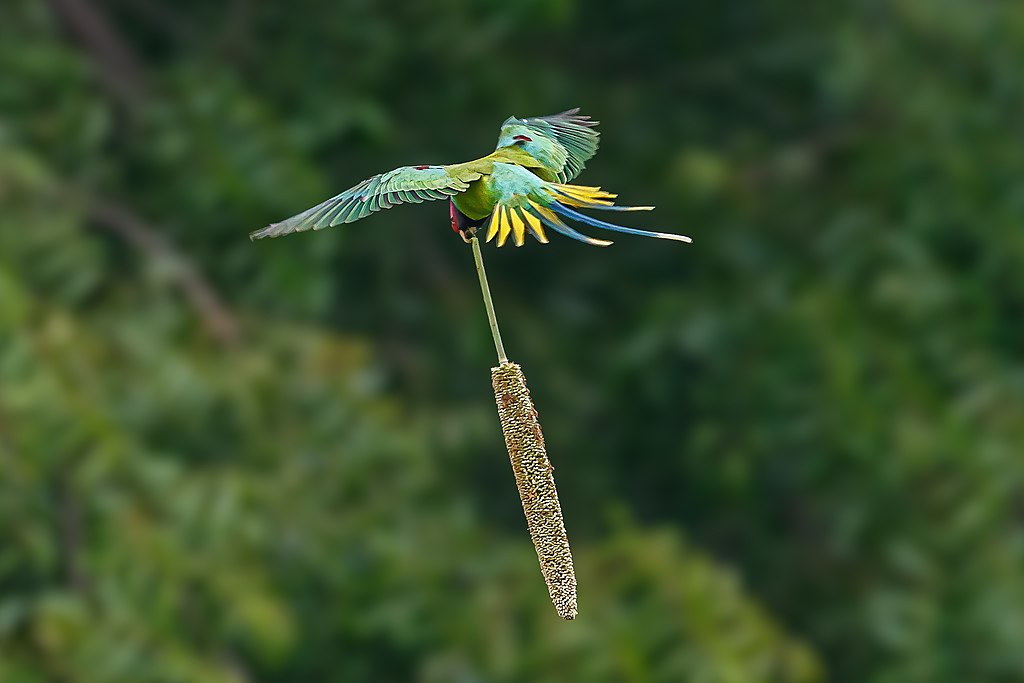Your adorable parakeet is a bundle of joy, adding a touch of vibrancy to your life. However, maintaining your feathered friend’s well-being can prove to be quite a task. Not to worry; we’ve got you covered with top-notch insights into ensuring stellar parakeet health. Let’s delve in and decipher key tips for keeping these colourful chirpers in top shape.
Understanding Parakeet Health Needs

Parakeets — these charming critters are pros at masking their discomfort or ailment, making it even more imperative to stay alert to any changes in their behaviour. The first line of defence? A seasoned avian vet, an expert capable of detecting health issues that might evade the untrained eye.
Meeting Dietary Requirements

Just like humans, birds too thrive on a balanced diet. For parakeets, this involves a healthy combination of seeds, vegetables, and fruits.
- High-quality seed mixes are readily available at your local pet stores. Opt for fresh supplies rather than bulk purchases to retain the food’s freshness.
- Supplement their meals with a variety of fruits and vegetables. Think apples, strawberries, peas, spinach, and more. A little munch on dandelions and clover from your backyard wouldn’t hurt either!
- Steer clear of foods that can contribute to unhealthy weight gain such as hulled oats.
Foods to Include in Parakeet’s Diet

Incorporate fruits like apples, strawberries, pears, peaches, plums, oranges, mangos, kiwis, and watermelon. Parakeets are also partial to carrots, grapes, celery, bok choy, silverbeets, lettuce, sweet corn, and spinach. Variety is key in ensuring a well-rounded nutritional intake.
Supplements for Better Parakeet Health

No diet is complete without the right mix of supplements. To boost parakeet health, provide calcium, iodine, a mineral block, and cuttlebone. It’s also beneficial to add vitamins to their food or water once a week.
Watch Out For These Symptoms

Eagled-eyed observation of behavioral changes can be the difference between a healthy and unwell parakeet. Act promptly if you notice any signs like altered droppings, different sleep patterns, inconsistent eating or drinking habits, or physical appearances like a runny nose or hunched-over posture. Parakeets losing feathers outside their usual molting times or any bleeding may also indicate health issues. Quick action can boost your parakeet’s survival chances tremendously.
Importance of Exercise

Don’t underestimate the power of a good workout. Let your parakeet out for some flight time. Exercise helps maintain optimal parakeet health, keeping them active, and mentally stimulated.
Related Resources:
In conclusion, care, diet, exercise, and expert assistance form the nucleus of parakeet health. Once you have these covered and stay attuned to your feathered friend’s needs, you’ll ensure a happy, chirpy presence brightening up your day!